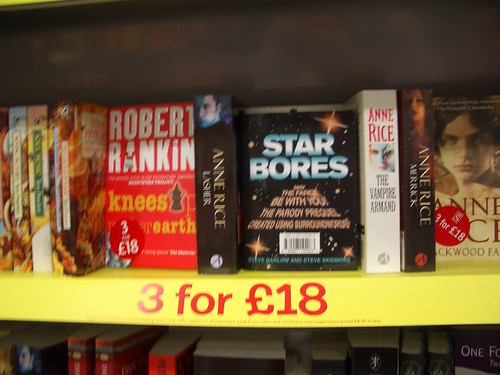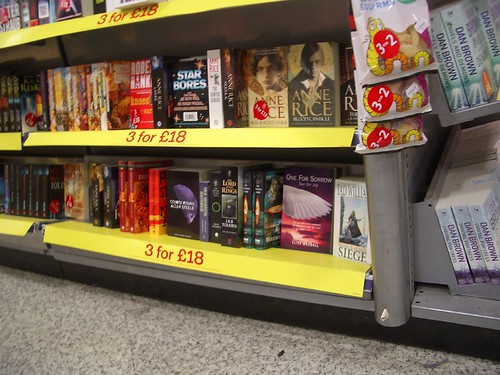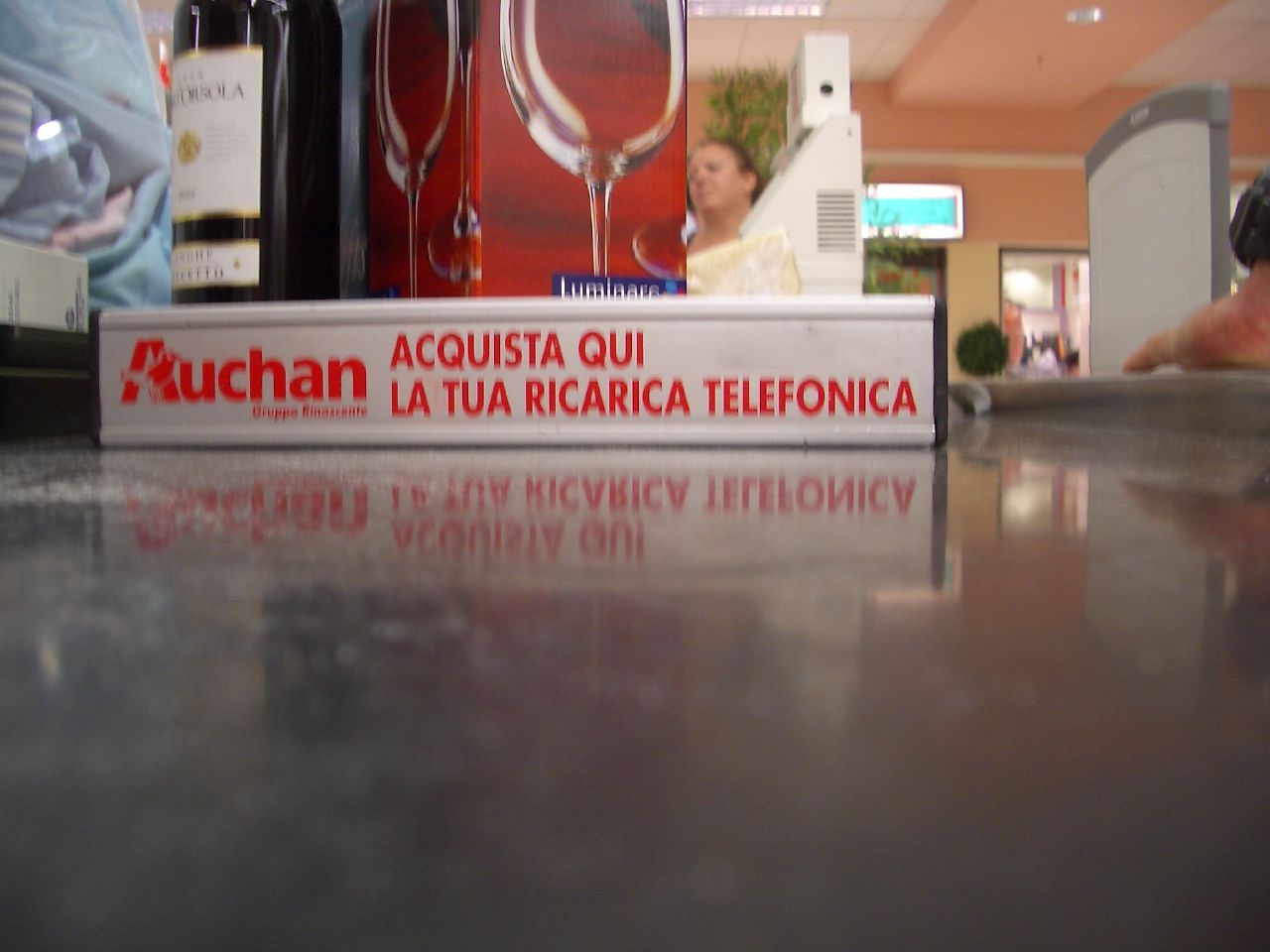Kill the competition! Destroy your competitor! Become master of your marketplace by annihilating your enemies! This is the business mantra that most of companies practice and that they teach to their employees. Sad… so much energy, emotions and imagination devoted to destroying instead of creating…
I am a big fan of alliances, of creating value by putting together complementary services and products, and by inventing new markets instead of fighting to steal a slice of the pie from your current competitors.
Alliances… your imagination can run wild on this field. Let’s look at some basic principles behind how to harness the power of alliances.
Every time a service is rendered or a product is purchased, other products/services in related fields or in complementary fields can be offered to increase the satisfaction level of the client. For instance, when we go to a supermarket, a lot of other businesses (dry cleaners, key copies, etc) might be hosted in the same building to give us complementary services – it’s a great alliance between the supermarket and the smaller shops.
Another example: the company that does my dry cleaning has my good will. They render me a valuable service; they are very punctual and give a very honest price. Why don’t they forge an alliance with a complementary businesses and propose them to me? The first one that I can think of is carpet cleaning: I would love to receive a coupon for a discounted carpet cleaning from a company they trust and endorse. They could make a percentage of the deal and every body would be happy. Or how about lawn mowing or shoe repair? In the same way, the person running a lawn mowing service, after cutting the lawn, could propose a company to clean my pool, or check for termites…
Bottom line: there are more ways to grow sales and acquire new customers, excluding hating and fighting competitors: By using your imagination you can create alliances with complementary businesses and exchange referrals, with mutual benefit.
Mau in Austin



